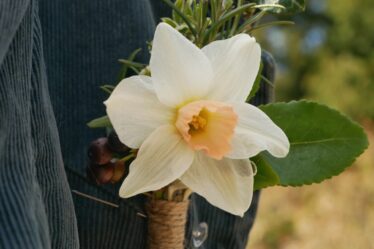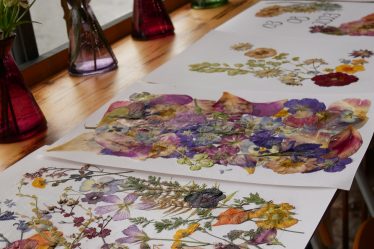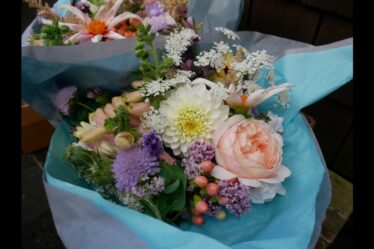Recently, while delivering flowers I got talking to a gentleman on the subject of compost. I said “well, I use compost that is peat free….” He said, “What is all the fuss about peat free anyway” (or words to that effect”). This was before my first coffee of the day, so I responded with “umm well the peat bogs hold a lot of carbon, which when released into the air by digging is a bad thing. And also a lot of plants live in it, those venus fly trappy things, and it takes millions of years to form a peat bog”.
Having thought more about this on the walk back home, trundling my flower delivery trolley behind, I realised I needed to know more about the whole peat free issue, so here is what I now know, and the reasons that we should all be using no peat at all.
- Peatlands form 3% of the land surface of the world. They hold around 10% of global freshwater and are a unique, beautiful and biodiverse habitat.
- 94% of the UK’s lowland peat bogs have been lost already.
- Peat moss grows by 1mm per year, and typically, when commercially extracted, 22cm per year is removed.
- Peatlands are an important carbon store. When they are drained for digging, this carbon is released into the atmosphere as Carbon Dioxide, contributing to greenhouse gases which in turn play a major part in climate change.
- The National Trust has been peat free since 1999.
- In 2002 English Nature purchased Wedholme Flow in Cumbria, South Solway (along with two other English peat bogs) from the American company, Scotts, to end peat extraction and conserve the remaining bog for the future.
- Those carnivorous venus fly trappy plants are Sundews.
There are many good horticultural alternatives to peat these days, and it’s worth trying a few to see which best suits your needs.
If you wish to learn more, a good place to start is the Natural England Website, where they have a PDF publication on peatlands, their biodiversity and conservation.
No apologies for the length of this post, but apologies if any of my information is incorrect!
Sources: BBC, Irish Times, Natural England and Monty Don writing for the Guardian in 2002.


